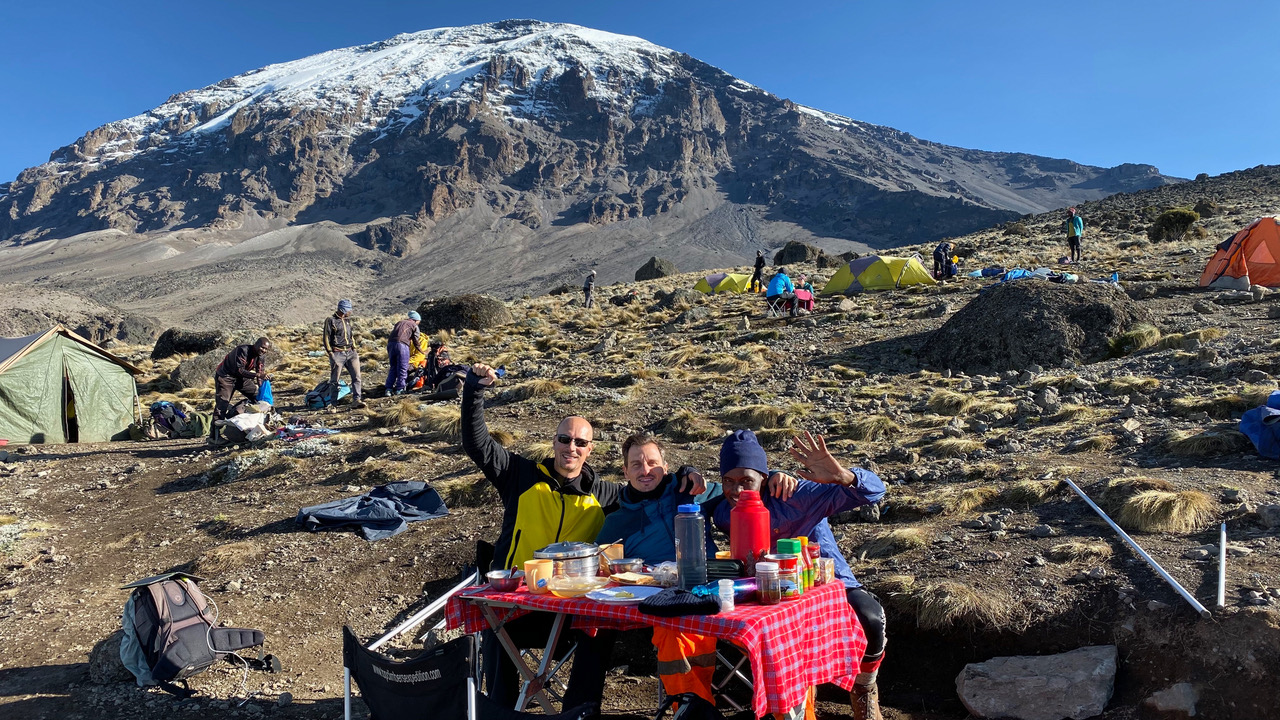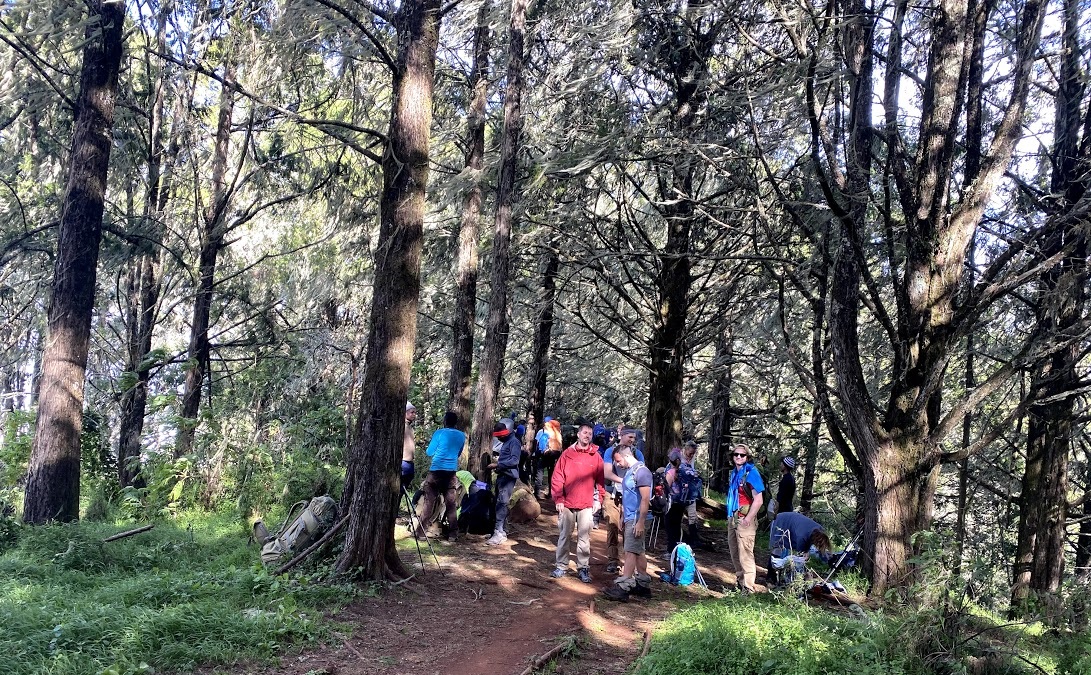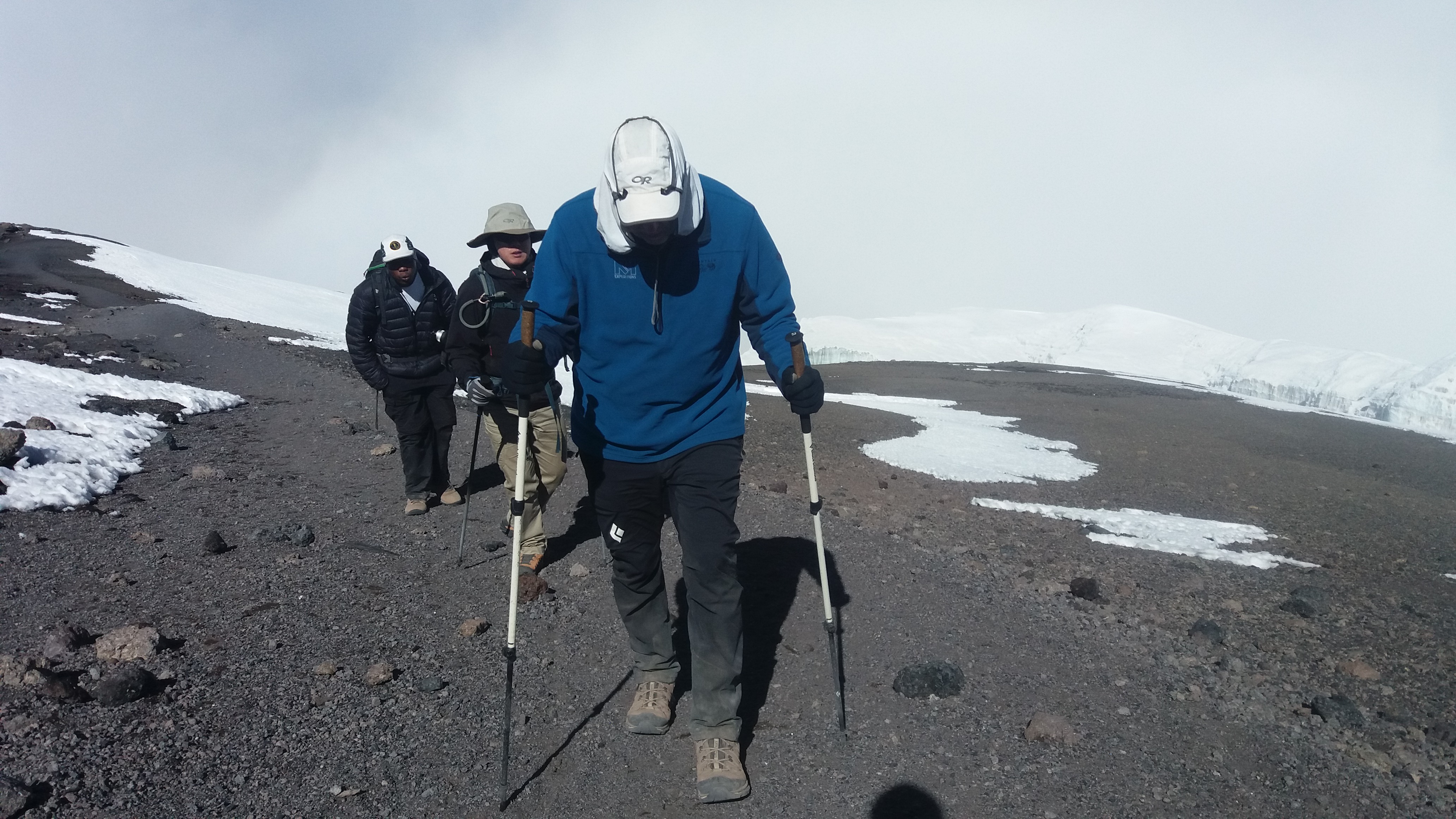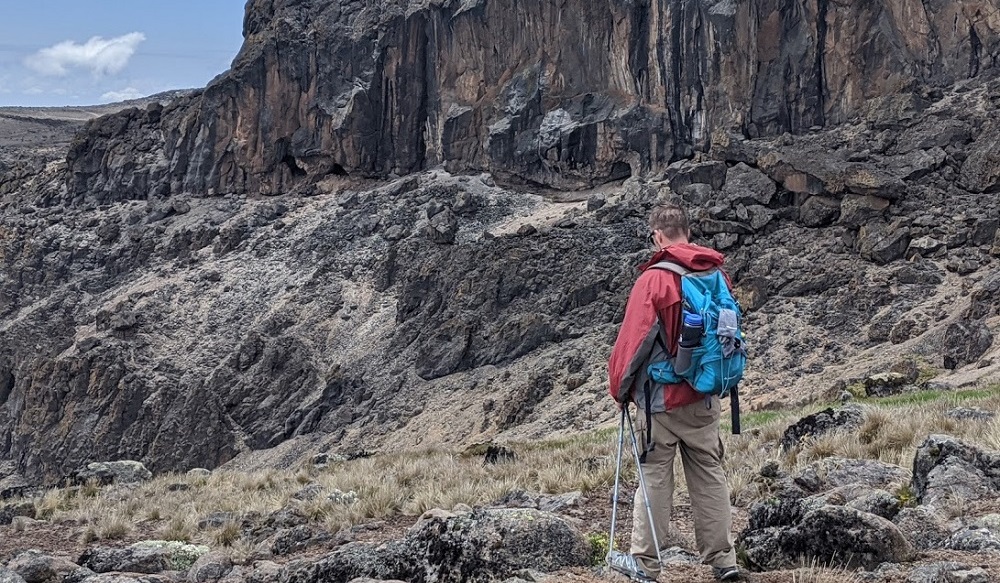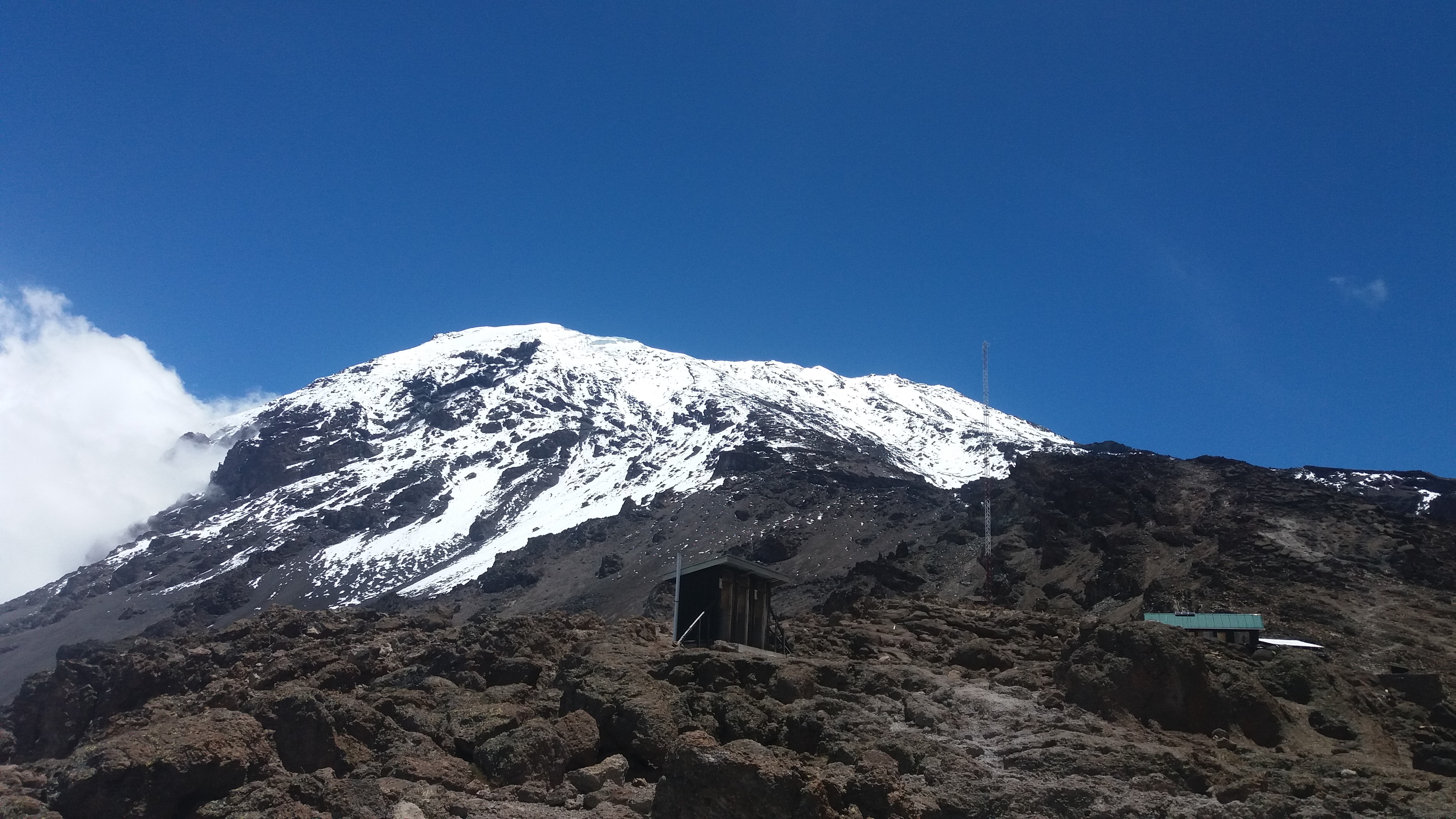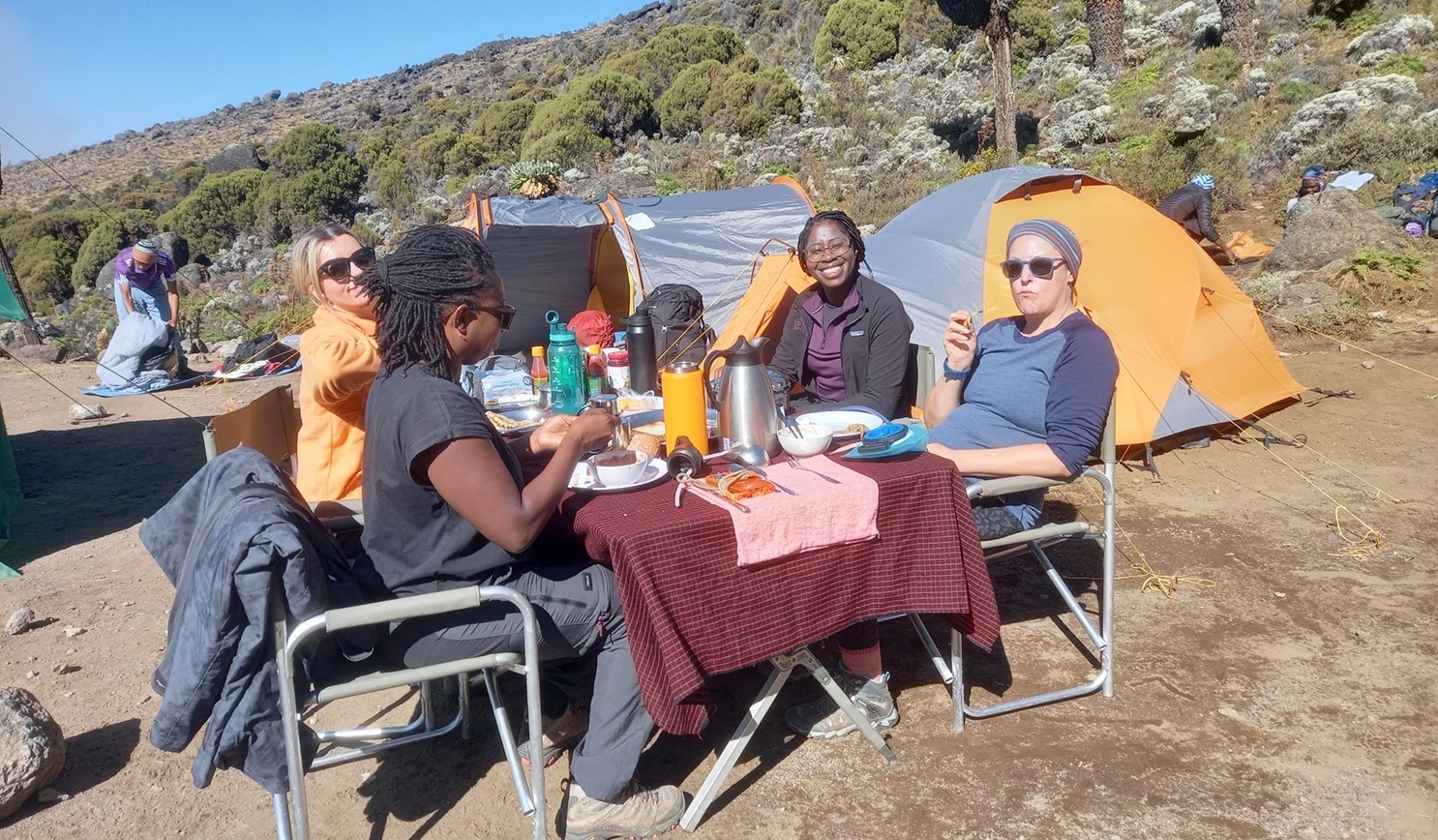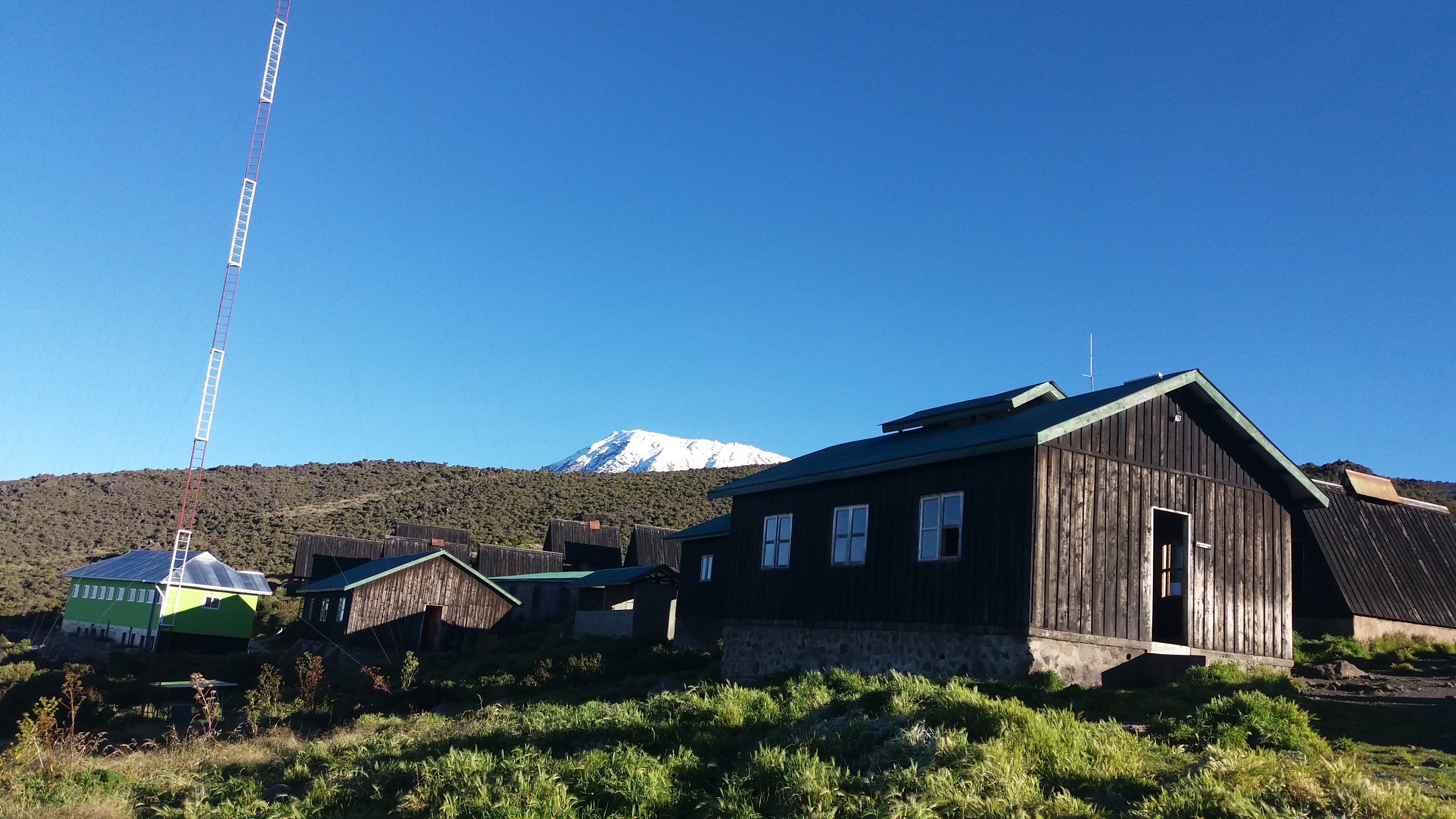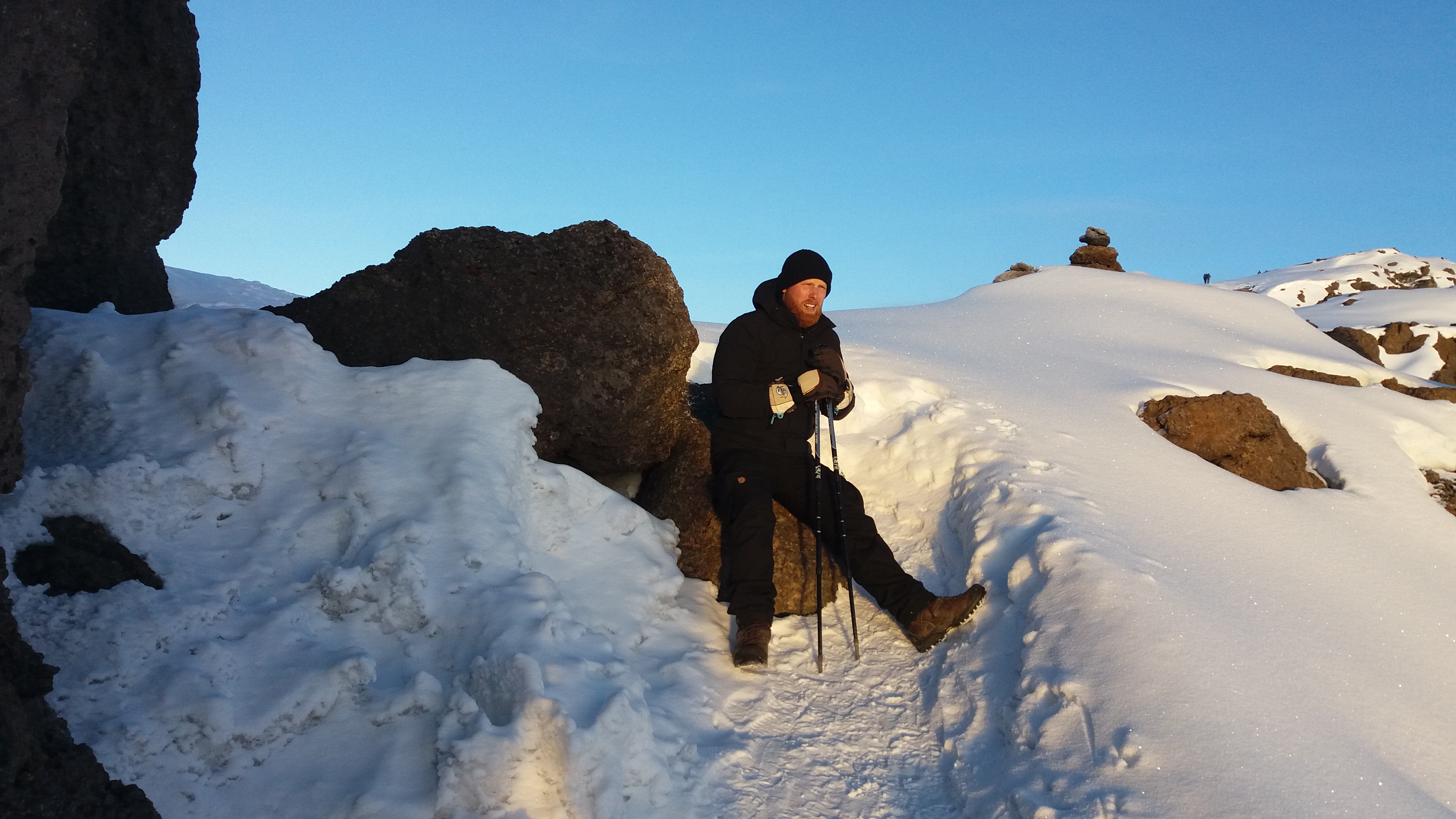How Much Does It Cost to Climb Mount Kilimanjaro?:
If you’ve done any research, you’ve probably noticed that prices for Kilimanjaro climbs are all over the place. While it may be tempting to choose the cheapest option, it's important to understand why prices vary so much — and what you’re actually paying for.
🔍 What Affects the Cost of a Kilimanjaro Climb?
Several key factors influence the price of a Kilimanjaro expedition:
1. Group Size
Group size plays a major role in determining the cost per person. The more people in the group, the more the operational costs (like guide and porter wages, transportation, equipment use) are shared, reducing the price for each climber.
- Private or small group climbs (1–2 people): Higher price per person
- Larger groups (10+ people): Lower price per person
Many companies offer open group climbs, allowing individual clients to join others to form a group and split costs more efficiently.
2. Number of Days on the Mountain
The longer the route, the more expensive the climb becomes. Each extra day on the mountain means:
- Additional park fees
- More food and water supplies
- Higher staff wages
- Increased equipment wear and tear
For example, a 6-day trek will cost less than an 8-day trek, but the longer trek may offer better acclimatization and a higher summit success rate.
3. Level of Service
Tour operators generally fall into three categories:
- Budget Operators: Basic service, limited equipment, smaller crew, lower pay for staff
- Mid-Range Operators: Balanced cost and comfort with decent gear, trained guides, and responsible treatment of crew
- Luxury Operators: Premium camping gear, gourmet meals, private toilets, larger support teams, and personalized service
This is the biggest reason for the wide range in pricing. Two companies may offer the "same" route, but one may include quality tents, better food, certified guides, and emergency equipment — while the other cuts corners to lower the price.
🧾 Kilimanjaro Climbing Expenses Breakdown
Let’s look at some of the core costs involved in a Kilimanjaro trek:
1. Park Fees & Taxes
- Conservation Fees: $70 per person per day
- Camping/Hut Fees: $50–$60 per night
- Rescue Fees: Flat fee (around $20 per person)
- Value-Added Tax (VAT): 18% of the total trip cost
These fees are non-negotiable and go directly to Kilimanjaro National Park.
2. Wages, Food & Crew Support
- Wages: Guides, cooks, and porters — approx. $60–$110 per climber per day, depending on group size
- Food: Roughly $10–$20 per climber per day, which includes meals for both clients and staff
- Transport: Vehicle transfers to and from the park gate cost around $100 per trip, depending on the route
3. Operational & Equipment Costs
High-quality camping gear and equipment need regular maintenance or replacement
Administrative costs include park booking, crew organization, food shopping, and emergency planning
Companies also invest in insurance, training, permits, and safety equipment like oxygen, oximeters, and first aid kits
KILIMANJARO INFORMATION
- Kilimanjaro Climbing Equipments
- Best Time to Climb Kilimanjaro
- Kilimanjaro Climbing Guide For Climbers
- Kilimanjaro Climbing Prices (Explained)
